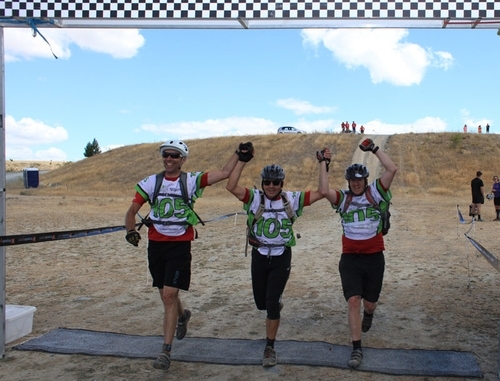
September 27, 2017
Generating solutions at Genesis Hackathon
Four Theta consultants participated in the second Genesis Hackathon, held this month at the Huntly Power Station. The focus of the event was generation and wholesale, and a wide range of ideas were explored over the course of the weekend.
This is the second Genesis hackathon we have been part of, following the inaugural hackathon in March this year, and the event has again been a big success. Says Jen Cherrington-Mowat, Executive General Manager of Technology & Digital at Genesis: “the teams are all buzzing about the two days and already talking about next year.”
Participating teams considered a diverse set of ideas around generation and wholesale, as part of Genesis’ wider vision to reimagine energy, in NZ’s largest electricity generation facility in Huntly. Jim Taylor, Theta’s Emerging Technologies Architect, was impressed with the range of solutions presented:
“It was interesting seeing the wide range of ideas - engineering as well as software ideas – that aimed to improve processes, reduce down time, manage institutional knowledge, monitor plant remotely, reduce chemical use, manage carbon emissions and more. Technologies included internet of things, augmented reality via HoloLens, and predictive analytics.”
Three Theta consultants were part of team “The Future”, who placed third overall at the event. Their challenge, posed by Fuels Manager Sane-Mari Botha, was to automate the tracking of LPG bulk deliveries, by digitising the current paper-based process.
The team’s approach was to create a database and API together with a Power App front end, for deployment to a wide range of devices. It was very much a team effort, with Genesis staff working closely with Theta consultants to define the problem and develop a solution:
“The whole team pitched in with mapping out the existing process, working on user stories, personas and working on the business case and financials of our solution.” Jim Taylor
The API created had methods for creating drivers, daily schedules and routes. The team also built a simple web interface for viewing the progress of delivery and an app for a driver. Jim explains the technology behind the solution:
“We created a Swagger-enabled API and used Azure SQL database and an Azure web app to quickly deploy to the cloud. We were then able to use the Swagger documentation to quickly build a prototype in Power Apps using the API definitions exposed by Swagger.”
The hackathon took place during Māori Language Week, so the team did their best to incorporate te reo into their solution:
Team “The Future” came in third place after the final pitch, behind two teams with strong business cases.
The winners created a prototype mobile/web solution that brought together information from different sources - drawings, safety procedures, location, etc - about plant equipment.
The second placed team used HoloLens technology to allow a plant controller to direct maintenance activities at another site.
Congratulations to all the teams, and thanks again to Genesis for the opportunity to participate.




.jpg)

-p-500.png)
%20(1)-p-500.png)
%20(700%20%C3%97%20500%20px)%20(2)-p-500.png)


%20(1).jpg)
.jpeg)
.png)